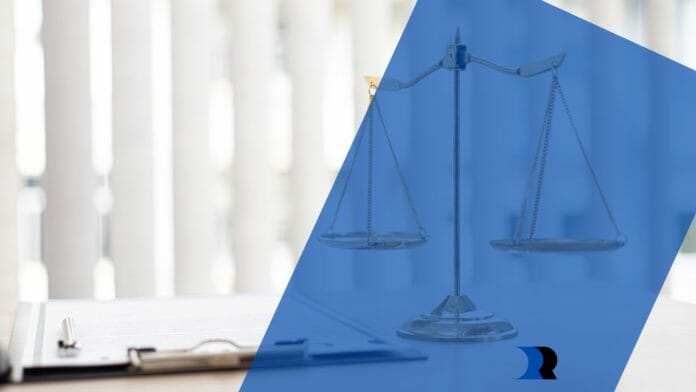Many small business owners don’t realize the importance of having a lawyer until they find themselves in the middle of a legal issue. Whether it is a contract dispute, a lawsuit, or simply navigating the complex world of business law, having a lawyer on your side can save you a lot of time, money, and stress.
You do not have to wait until you get in legal trouble as it is never a question of if but when. One of the best ways of protecting yourself against legal challenges that could hurt you or your business is having a lawyer on retainer.
But, What Does Having a Lawyer Retainer Mean
Having a lawyer on retainer means paying a certain amount to the attorney to ensure they are available to represent you or give legal advice when the need arises.
Typically, there are two types of retainers that small businesses might arrange with an attorney. One is the retainer fee model, where the client pays part or all of the legal fees in advance and only adds more once the deposit or the downpayment is used up. The other option is the frequent use model, which involves paying a certain amount on a regular basis, say monthly.
Here are several reasons your small business may need to keep a lawyer on retainer.

Help to Fight for Your Rights in Lawsuits
If an employee or customer suffers damages on your premises, they are most likely eligible to recover compensation for resulting damages. When bringing a premises liability lawsuit against your company, the customer or employee will probably have a lawyer to protect their interests.
Having a on standby for such eventualities as a business only makes sense. The best thing about having a lawyer on retainer is that you do not waste time jumping from one legal office to another in the heat of a legal tussle which could mean settling for a not-so-good attorney as you try to beat time.
However, you must ensure that the lawyer you hire is affiliated with a reputable law firm such as Reiner, Slaughter, Mainzer & Frankel to avoid getting a raw deal.
You Get Access to Legal Advice
Lawyers are not only important when you get in trouble, but they can also help you avoid trouble by giving you sound legal advice on the most pertinent issues. For example, if you need help with your small business safety, there is no better person to offer legal advice on premises liability law than a lawyer.
Besides personal injury, other areas that may require the help of an attorney can include signing contracts and agreements, setting up the business, taxation, and licensing. While hiring a lawyer to advise you on such matters may seem an unnecessary expense, the truth is that not having one could mean making mistakes that could hurt your business.

Dispute Advocacy
Disputes and business go hand in hand. Disputes can take many forms, for example, customers disputing charges on their credit cards, disputes over intellectual and physical property, contract breach disputes, etc.
Unfortunately, such disputes can cost your business huge sums of money, which could easily cripple your small business. Some disputes, such as credit card transactions, can be time-sensitive, meaning you may not have the luxury of time needed to get the right lawyer for your case.
Also, you will need a lawyer who deeply understands your business structure and operations. Such a lawyer can only be one who has been working cases around your business for some time.


